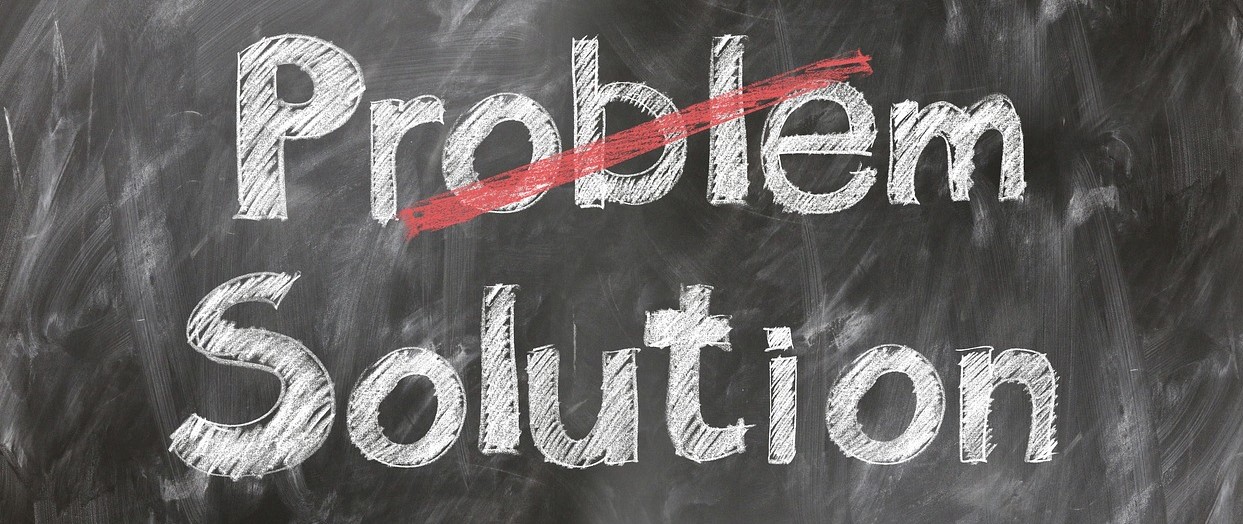

Critical Issues
Humanity is facing a series of particularly critical issues fundamental to our survival and the environment upon which we depend. On this page, we define the problems. Starting with climate change, we provide further details along with proposed solutions to mitigate or resolve these problems.
- Climate Change - The impact of climate change is already being felt by more than 80 percent of the world's population. We're seeing hotter temperatures, more severe storms, increasing drought, rising sea levels and increasing health risks. Climate change is already leading to a rise in hunger and poor nutrition and increasing poverty and human displacement.
- The Environment - Closely related to climate change is the ongoing degradation of the ecosystems upon which life on Earth depends. Widespread pollution and an increase in natural disasters threaten water supplies. Expanding desertification is reducing land for agriculture and habitats for native species. Overuse and erosion of soils leads to reduced crop yields. In addition, we are now experiencing the 6th mass extinction event since the planet was formed, the first linked directly to human activity.
- Poverty/Income Inequality - Although progress has been made since the 1990s in reducing world poverty, nearly 10 percent of the world (700 million people) still lives in extreme poverty, on less than $1.90 per day. As to income inequality, the richest 10 percent earn 52 percent of the world's income. The poorest half earn just 8 percent. With respect to wealth (vs. income), the poorest half of the global population controls just 2 percent of the global total, while the richest 10 percent control 76 percent of total wealth.
- Human Rights - a recent survey by the World Justice Project showed that threats to human rights exist in two-thirds of the 113 countries surveyed. Support for human rights is most closely associated with democratic governments. But democracy is in a state of decline. Today, according to the Democracy Index, only 6.4 percent of humanity enjoys living in a full democracy, while more than a third live under authoritarian rule. The United States, once a bulwark of democracy, is no longer considered to be a full democracy.
- Healthcare - An estimated half of the world's population lacks access to basic healthcare services. Additionally, almost 100 million people are pushed into extreme poverty each year because of out-of-pocket healthcare expenses. At least one-in-three children are negatively affected by malnutrition.
- Education - Although education is categorized as a fundamental human right, nearly 800 million adults are illiterate. More than 70 million age-eligible children are not enrolled in primary school, the foundation of a basic education. There is a strong link between lack of an education and poor health and hygiene. People who lack education are often limited to working in poorly paid jobs and are more likely to live in poverty.